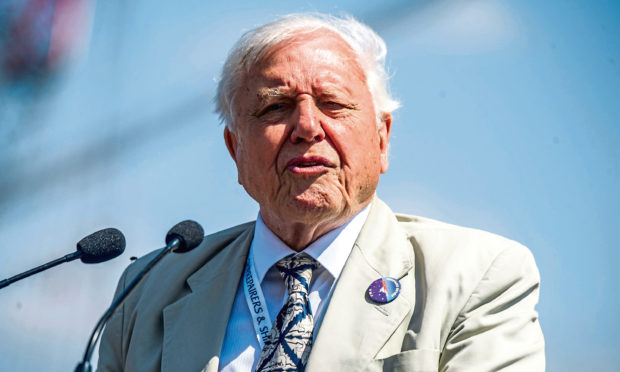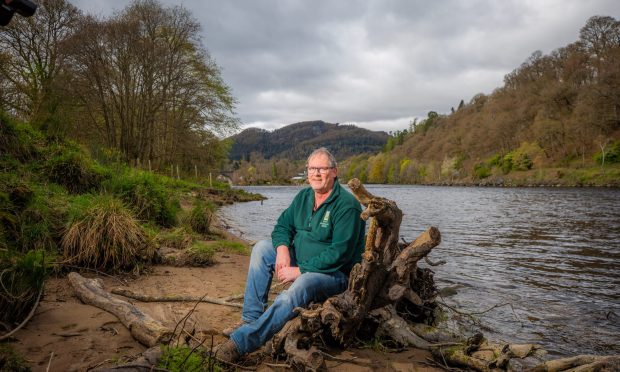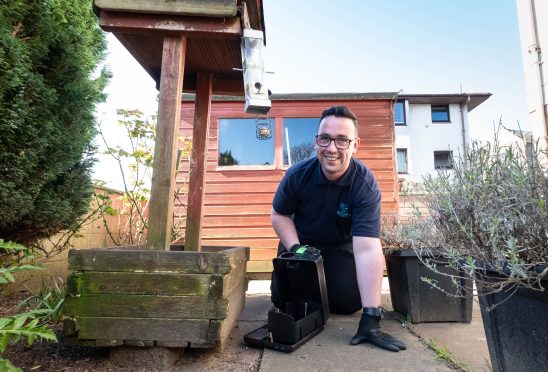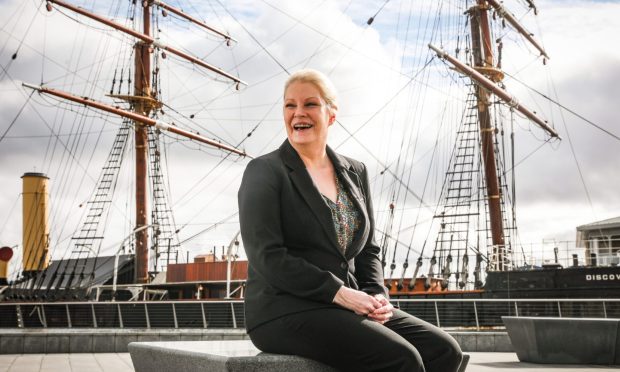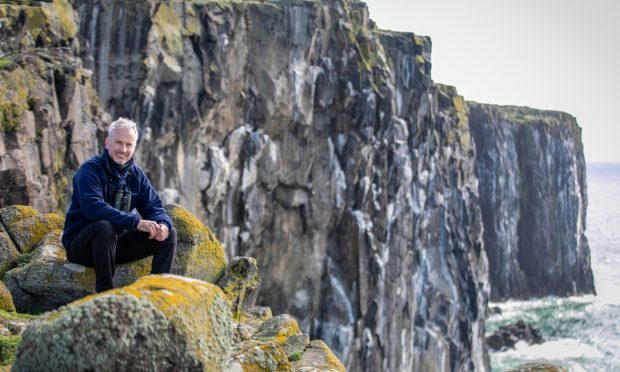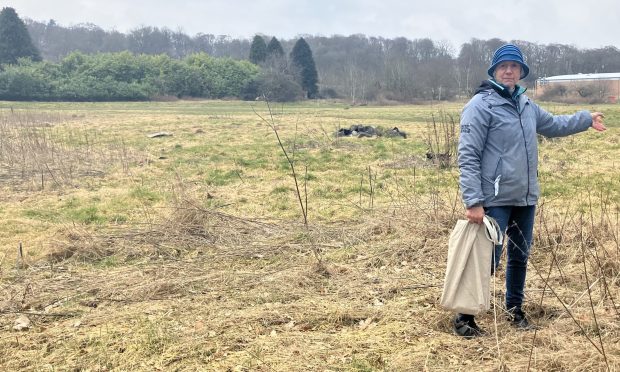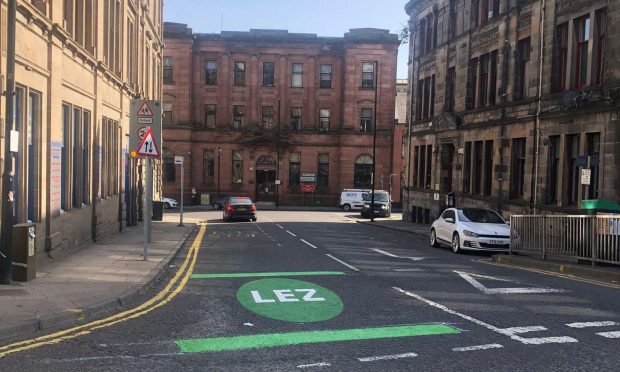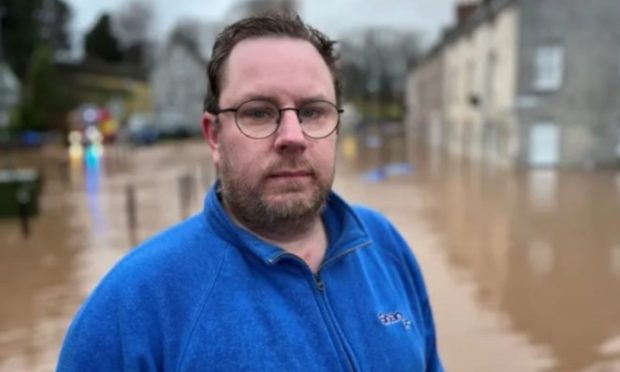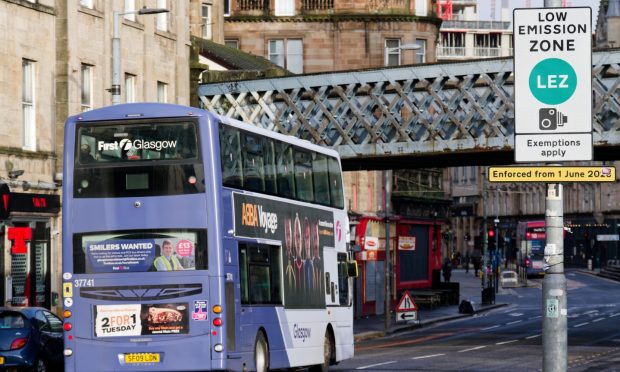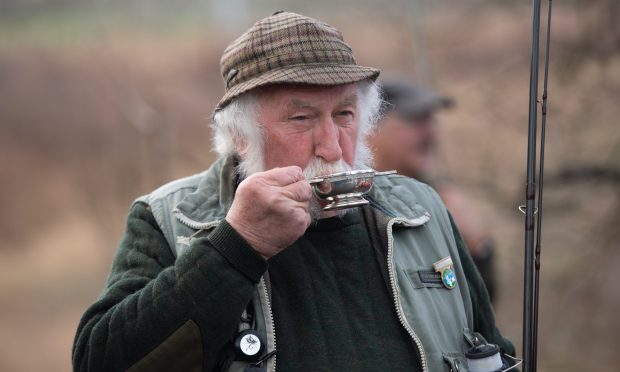The funny thing is, IT – you know, IT – is not even the biggest story.
Nor are the riots in France by the Gilets Jaunes.
That title goes to Sir David Attenborough.
Fear not, he’s not just backed the Mussolini for Uxbridge and South Ruislip, Boris Johnson.
As I say, that’s not really the big story.
Instead, the real tale is about climate and our survival.
Attenborough earns the accolade of 2018’s most important story because he is a moderate.
For many years, people in the green movement urged him to speak about the scientific fact of climate change in more newsworthy terms.
He resisted on the grounds that the people had heard enough of disaster, and it had become a turn off.
This is something the green movement knew itself – the 1980s blitz of apocalyptic headlines around the newly discovered hole in the ozone layer had bumped up eco issues on the political agenda, but has also made people doubt it was quite that bad.
Being told the end of the world is nigh is both very alarming and a bit dull without calamity to prove the point.
By the 1990s, the green movement was trying to move away from “We are all doomed” to more manageable ideas such as recycling.
The drama of Greenpeace driving speed boats at whaling ships or oil platforms had worn off – though quite why the greens were to blame for the tropes of 24-hour news media was not entirely clear.
Eco activists knew they had to play the media, but struggled with the fact that all their policies, and many of the threatened outcomes, were of an astonishing scale.
Counter-intuitively, they had to take huge stories and make them look small.
Attenborough, a thoroughly neutral figure, which makes him the best politician for the early 21st century, had resisted tales of eco disaster.
Instead of shouting gloom through the screen, he showed us the world in a detail we’d never seen.
His documentary truth was greater than any sermon – he cut through prejudice about eco issues by showing life as it was.
This year was the year he changed, and the debate changed because of it.
The nice man who whispers by animals in the mid-distance is the one now telling us we face catastrophe.
We are the livestock in the background.
“Right now we are facing a man-made disaster of global scale, our greatest threat in thousands of years: climate change. If we don’t take action, the collapse of our civilisations and the extinction of much of the natural world is on the horizon,” he told a conference in Katowice, Poland.
The human brain appears programmed to deny endings.
We know we are going to die, for example, but that diagnosis always surprises.
We imagine pain happens to others, and death isn’t for us.
So with the planet – nobody thinks it’s going to happen to their Earth.
Attenborough is trying to tell you and me that, like cancer, like heart disease, like the inevitable business of death, just because climate change is not catastrophic yet, it will happen.
Not the end of the world – but the end of the human world.
The planet will spin, nature will continue.
It’s only our version of the world that will no longer exist.
Our star, among a billion others, will still be in the universe, but we may not.
Sir David was speaking at the 24th Conference of the parties to the United Nations Framework Convention on Climate Change (COP24).
“The world’s people have spoken. Time is running out. They want you, the decision-makers, to act now. Leaders of the world, you must lead. The continuation of civilisations and the natural world upon which we depend is in your hands,” he implored.
COP24 effectively ends today, the delegates gone and the declarations signed.
The World Bank has doubled its budget for climate projects to $200 billion, the German Government are to spend more on green matters and success stories about nations cutting CO2 emission have been shared.
However, the most authoritative report on the world’s climate was not adopted. The United States, Russia, Kuwait and Saudi Arabia objected to the IPCC report, which says the world has missed the target of 1.5C warming and is now heading for 3C above the average for the past few millennia.
The political rejection was odd given the report had been commissioned by COP21 in 2015.
The study concludes that “rapid, far-reaching and unprecedented changes in all aspects of society” are needed if we are to avert disaster.
Political populism feeds off resistance to “rapid” change.
Notoriously Trump pulled the USA out of the Paris Agreement of 2015, and has since mocked other nations for playing the green game.
He advocates coal-powered energy production and industry, knowing this to be a major source of CO2.
Those Paris riots are driven by people angry at increased fuel prices – which France has now had to delay.
And quite what Brexit does for the most important issue of the age is not clear.
Thank earth for Sir David, and reject populism.
